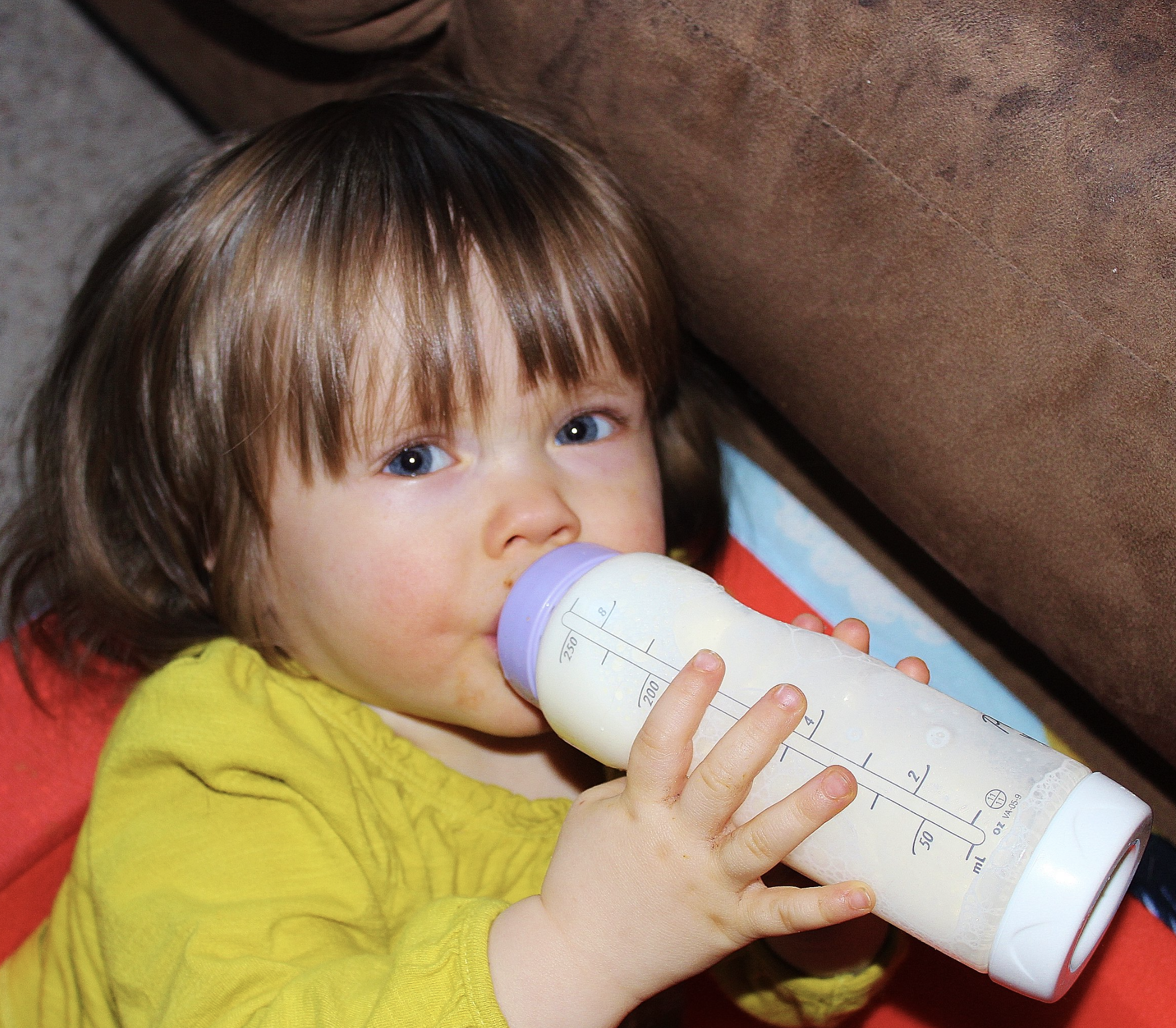ARS TECHINCA – A 10-month-old baby in Tennessee developed a life-threatening condition last year and spent 27 days in the hospital with failing kidneys after drinking raw milk from a cow-share, health officials in Tennessee reported Thursday.
At least five people were sickened by raw milk from the cow-share, including another 10-month-old baby who was hospitalized for a day.
The direct sale of raw milk is illegal in Tennessee due to the danger that the unpasteurized dairy product can easily contain deadly pathogens shed from cattle.
“Samples taken from the farm revealed a Shiga toxin-producing Escherichia coli (STEC) that genetically matched the strains found in one of the sickened infants.”
Yet people get around the law via cow- or herd-shares, in which they purchase a share of an animal or herd and can use milk from the animals for personal use.
In this case, the cow-share served 125 households scattered in Georgia, North Carolina, and Tennessee. The two severely ill infants were not among them—their families obtained the raw milk second-hand from cow-share participants.
After reports of the two sickened babies, state health officials opened an outbreak investigation and contacted the farm—which wasn’t easy.
The farm was in a rural area and did not have a phone or electricity. Health investigators had to go there in person to inform the owners of the investigation before returning for the environmental assessment. Once they did, they identified “possible routes of fecal contamination during milking” and unsafe milk storage temperatures.
Instead of refrigerating the potentially contaminated raw milk, the farm kept it cool using “mechanical circulation of cool spring water” and coolers filled with ice.
This did not keep the milk at the recommended temperature of 4°C (40°F) or lower … READ MORE.
BETH MOLE is Ars Technica’s Senior Health Reporter. Beth has a Ph.D. in microbiology from the University of North Carolina at Chapel Hill and attended the Science Communication program at the University of California, Santa Cruz. She specializes in covering infectious diseases, public health, and microbes.



